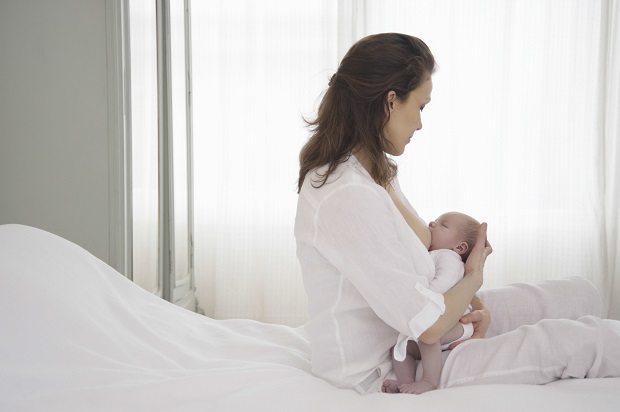While no new mum wants to hear that her delicate baby has an infection, if you suspect thrush may be affecting your growing family, it’s important to stay informed for both mother and child.
Thrush can be a cause of concern for many new mums, worried about the effect it can have on their baby. One of the most worrying aspects of thrush is that a cause for the infection can’t be definitively pinpointed. Many doctors believe it arises so commonly with newborns because their immune system is weaker and more susceptible. However, without definite proof this infection is difficult to prevent.
Breastfeeding mothers can commonly contract thrush in their nipples while feeding their child. This infection is caused by a build up of fungus and can cause severe shooting pains in the nipples along with a burning, deep pain or itching sensation in one or both breasts. It can also result in a loss of colour or cracking of the skin around the nipples. In a young child the symptoms of oral thrush can include white patches in your baby’s mouth, a whitish sheen to their saliva, a refusal to take the breast, a nappy rash and weight loss.
Mild oral infections in your child’s mouth can typically fade after a short number of days. However, if the infection persists your doctor may prescribe an antifungal medicine known as Miconazole. The gel substance (which should not be used in babies under four months old) is applied by placing the dosage onto a clean finger and gently inserting the medicine into the child’s mouth. Take care to cover the affected area but not place the finger too far into the child’s mouth to avoid choking. The medicine will be most effective if you use it after your baby has had a feed or drink.
If you have contracted thrush on your nipples due to feeding your baby, there are a number of possible treatments. First, if your nipples are red and sore, your doctor may provide you with an antifungal cream. This will more than likely be Miconazole, the same as your child. Apply the cream to each nipple after feeding. If the infection is severe and has made it’s way to the milk ducts, your doctor may advise you to take an oral prescription.
For more information on the symptoms and treatments of thrush visit www.hse.ie
maternity & infant
Originally posted 2016-01-15 18:24:36.

